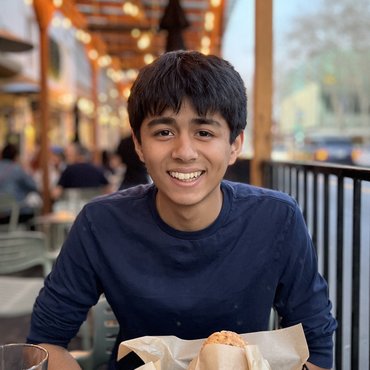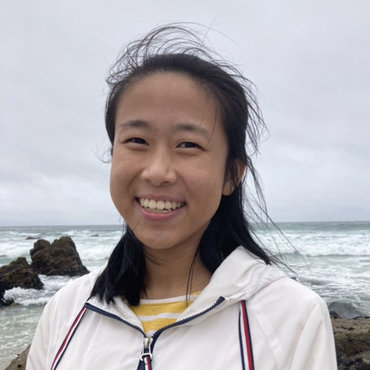
Elizabeth Kim, '22
Engaging the public in advocacy for survivors of sexual violence

3, 2, 1. We were rolling.
It was only my third week as End Rape on Campus (EROC)'s campus data fellow, and here I was, speaking to hundreds of people as I explained concepts that I had only grasped the nuances of a week earlier. I was aided, of course, by my boss: EROC Policy Director Ever Hanna, an attorney whose detailed knowledge of government, law, and sexual violence advocacy never ceased to awe me.
In this Facebook livestream, however, we were sitting side by side, co-hosting an informative Q&A on topics that ranged from affirmative consent to the Clery Act, a law that aims to provide transparency about campus crime policy and statistics. Though I'd spent many hours anticipating and rehearsing the answers to questions tweeted to us from all over the country, I was terrified of saying the wrong thing. Could my new understanding of this incredibly complex issue fail me, forever tarnishing the reputation of this organization that I already loved so much?
My primary project during the summer with EROC was helping establish an accessible, accurate, self-sustaining School Accountability Map, with the goal to make every U.S. college and university's sexual assault policies and history accessible to the average college student. Because every school in the U.S. interprets Title IX differently, and few make that information accessible to students, the map will improve transparency and put power in the hands of student survivors. It was my job to develop and launch the Map Volunteer Campaign—to recruit, instruct, and vet the research of the volunteers who would collect information on each school. This livestream was meant for these volunteers, many of whom identify as survivors themselves, as they navigated the gargantuan task of researching and processing their school's Title IX policies.
The goal of the livestream Q&A was not only to inform our volunteers, but to excite and motivate them about the work ahead. We wanted to empower volunteers with answers to their questions, but also show them that they already possessed the intelligence, courage, and persistence needed to educate their own communities about their school's history with sexual violence.
Fun, informative, and relatable. These were the words I chanted in my head as our communications director counted down the seconds to us rolling, but soon I forgot about them. I rattled off different definitions, fielded a viewer question about due process, and chimed in on Ever's explanation of how federal agencies can mandate different interpretations of Title IX. I felt myself falling into the rhythm that I so often enjoyed while watching talk show hosts vibe with guests they knew well.
I came out of the livestream that day not only with a more profound sense of confidence, but also an important realization: fully understanding something means you can explain it to another person. And an explanation requires a willingness to engage and put yourself out there.
This is the sort of heightened confidence I draw from as a student seeking to raise greater awareness about Stanford's own culture of sexual violence. Whether I'm writing an Op-Ed or participating in an awareness campaign, I've realized that there are many ways to engage the community—each as important as the next.


